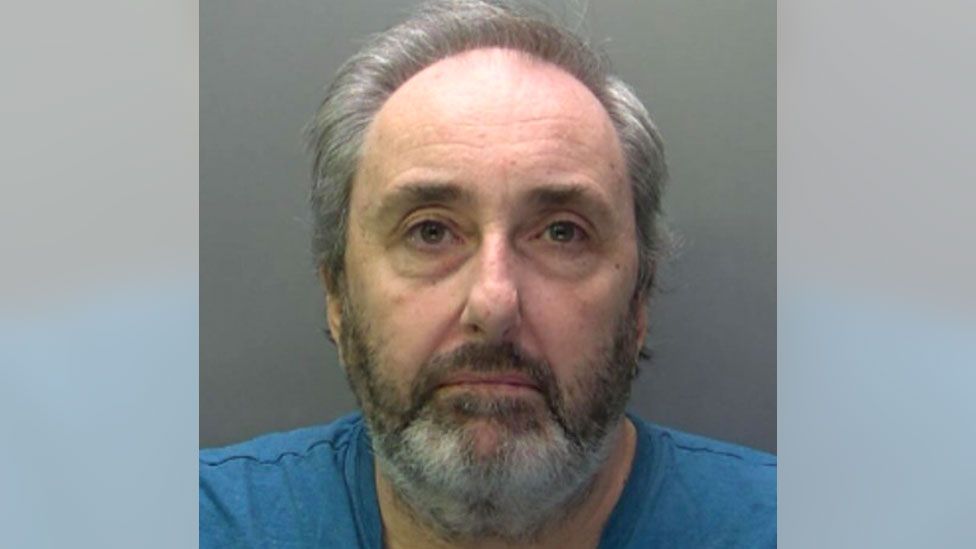
A man convicted of killing children’s author Helen Bailey will die behind bars after he was sentenced to a whole-life order for murdering his first wife years earlier.
Ian Stewart killed 51-year-old Ms Bailey in 2016 and dumped her body in the cesspit of the £1.5 million home they shared in Royston in Hertfordshire.
A trial at St Albans Crown Court heard it was most likely she was suffocated while sedated by drugs, and Stewart, 61, was found guilty of her murder in 2017.
After this conviction, police investigated the 2010 death of Stewart’s first wife, Diane, 47.
Her cause of death was recorded at the time as Sudden Unexplained Death in Epilepsy but now a jury of five men and seven women at Huntingdon Crown Court has found Stewart guilty of murder. They took less than two days of deliberation.

The judge, Mr Justice Simon Bryan, said the two women’s deaths were in “chillingly similar circumstances”.
He toldStewart: “You successfully passed off a murder as an epileptic fit in the circumstance I have identified playing out an elaborate, and indeed sophisticated, charade over a period of time.
“A charade that succeeded at the time, and would have succeeded for all time but for your subsequent murder of Helen Bailey.”
The defendant told his trial he found his wife collapsed in the garden of their home in Bassingbourn when he returned from the supermarket on 25 June 2010.
Stewart told Huntingdon Crown Court the couple’s elder son, Jamie, had left for his driving test that morning, while their younger son, Oliver, was at school.
Stewart said he drove to Tesco to buy food to “celebrate” after his son’s driving test, but realised he had forgotten his wallet and returned home to look for it. Upon his return, he allegedly found his wife “crumpled on the floor”.

He said he tried to revive her, attempted to contact neighbours who were a doctor and nurse, tried again to revive his wife, and then called 999.
Oliver Stewart, who was 15 at the time of his mother’s death, said he found his father “in bits” after he was brought home from school by a neighbour.
He described the relationship between his parents as “loving, caring, kind, family-orientated”.
As part of the police investigation following Stewart’s 2017 murder conviction, consultant neuropathologist Professor Safa Al-Sarraj was asked to examine preserved parts of Ms Stewart’s brain, which had been donated to medical science.
Prof Al-Sarraj said there was evidence Ms Stewart’s brain had suffered a lack of oxygen prior to her death, and he estimated this happened over a period of 35 minutes to an hour.

Prosecutor Stuart Trimmer QC said Ms Stewart’s death was “most likely caused by a prolonged restriction to her breathing from an outside source”, such as smothering or a neck hold.
The court heard that Stewart received £96,607.37 after his wife's death, in the form of £28,500.21 from a life insurance policy and the rest from bank accounts.

Both of the couple's sons were out on the day of their mother's death, with then 15-year-old Oliver at school and Jamie, then 18, taking his driving test.
Stewart denied killing Ms Stewart at their home, but a jury found him guilty of her murder following a trial at Huntingdon Crown Court.
Questioned by Mr Trimmer, Stewart insisted during his trial that the two women’s deaths were a coincidence.
The prosecutor told Stewart: “You’re a devious man.”
The whole life order means Stewart will never be considered for parole, whereas a “life sentence” normally has a minimum term attached to it.







